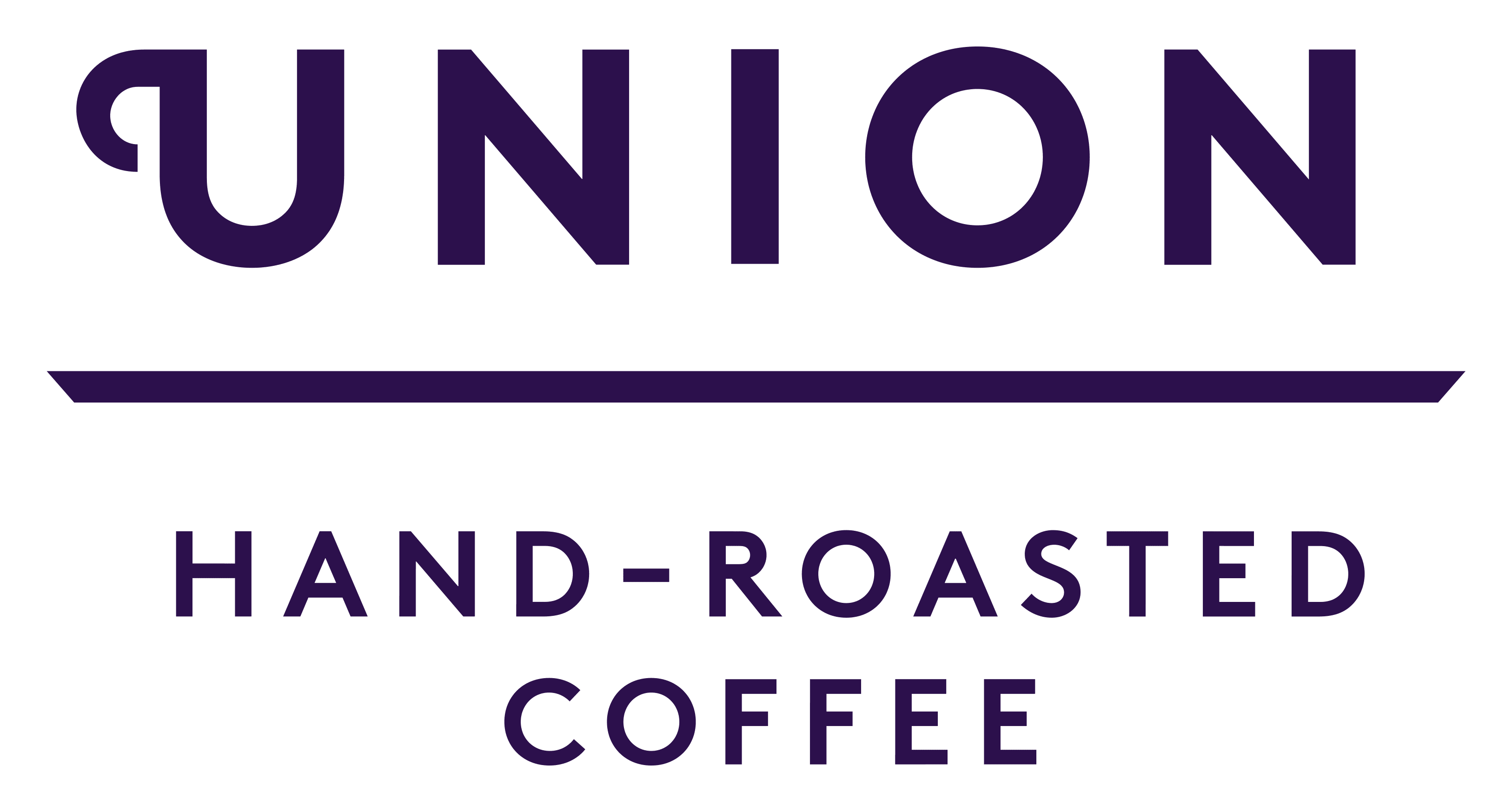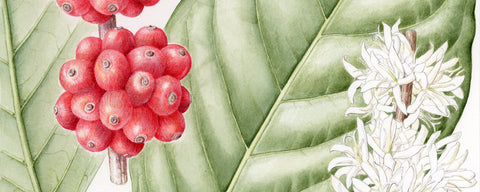We all need a role model, someone who can inspire and motivate us to uncover our true potential. I was fortunate to be surrounded by strong women my whole life, but the person who had most powerful impact was my grandmother, Lubka.
In 1960 she left communist Bulgaria to Guinea, in West Africa. She travelled with the intention of establishing a midwifery centre to improve the mortality rate of both women and children in the area. Alone, and with no knowledge of the local dialect, she headed to a remote village.

Over the next two years she earned the trust and friendship of this marginalised community. Her endeavour to save and improve the women’s lives during child birth was so successful that the local government awarded her with a medal of honour.
The dedication to her work, her love and care for these women and their families led me to pursue the path I’ve taken. She was the inspiration that guided me to support other women around the globe that I’ve met, while working in the coffee industry.

Women in Coffee
During my sixteen years in this profession, I’ve encountered some of the most dedicated and passionate women.
Still, gender inequality is prevalent in many parts of the world, with women farmers facing significant challenges.
Women are involved in harvesting, sorting coffee beans and other manual work. But even though the women make up 43% of the labour force, this is all basic fieldwork. Men are typically in charge of pruning, planting, fertilizing, pest management… and negotiating coffee sales – meaning the men are in charge of financial decisions.
Women have been barely present in decision-making roles, like trading or exporting coffee. Besides, all of the household responsibilities fall on women, limiting their time and ability to participate in training and learning activities.
Another disadvantage is land ownership ‒ few women own coffee farms, approximately only 15%. In many countries where coffee’s grown, the laws either completely prevent or limit the amount of land a woman can own. Since women often do not possess physical assets, they have more difficulty accessing the finance they need to invest in their farms.

These specific challenges have a strong impact on women farmers’ income. Addressing these issues is not only the right thing to do, it’s been proven that it makes economic sense, by creating wealth for their families and the wider community. Ultimately bringing greater self-sufficiency and resilience.
The situation is slowly improving. Here are few examples of how we at Union drive positive change.
Our Bee Project in Esquipulas Cooperative, Guatemala had a significant impact on empowering the women in the area. The co-operative is a long-standing partner of Union.
The project focused on diversifying income and nutrition for the families growing our Liberacion coffee . We looked for an activity that required little land and would take up minimal time. By working with the women and local NGO we decided Honey Production would work well as a supplemental income, plus supply nutritional benefits to the community. The women involved learned new business skills from managing a business to launching a small brand. This experience gave them confidence and reassurance to be more self-sufficient, to develop and succeed on their own.

Another way of supporting and empowering women coffee growers is promoting coffee entirely grown and produced by women.
We often travel on long, and sometimes dangerous journeys to the point where coffee is grown. When Pascale, our sustainable sourcing manager, and I rock up alone, the local women feel empowered.
Once in Peru the wife of the village mayor asked if we’d be willing to meet with a local women’s group. After discussing their struggles around independence, they asked if we could help buy and sell the coffee in the UK as a "women’s" lot. We were so impressed by the unique and delicious flavour, the deal was done there and then.
Another example of a woman-only coffee is our new lot from Colombia. The unique, delicious coffee was grown by Diva Maria and Mercedes Rojas. The two women are members of Asprotimana’s women’s group. There they receive training on how to develop a coffee business from bean to cup.
We believe you will love their coffee and hope you will help us support the women from Asprotimana.

Our amazing Unionistas
I’d like to recognise all the inspiring women of Union, a dedicated and passionate group. I joined Union five years ago, our women group grew significantly during this period. These days I often find myself in a meeting with only women Unionistas. We have women in key roles across the business – all of them crafting your Union experience.
And finally…
While we are working to improve the opportunities of women within the coffee industry, there is still more room for growth. We all must work together, across the coffee value chain to tackle inequality. From the coffee farms to the coffee shops, we all have the responsibility to ensure that everyone is offered equal opportunities. This will not only benefit the individuals, but the coffee industry as a whole.
You remember at the start of my story my grandmother Lubka and her award from the local government in Guinea. Unfortunately, she was not able to receive her award as she was a woman living in a communist country and at the time her achievements were viewed with suspicion. Fortunately this changed in the years to come and she finally received her medal.
From generation to generation the world is improving for women. And I am happy that Union Coffee is a positive link in a chain of ensuring gender equality is addressed in our industry. For surely a balanced world is a better world!
Violeta Stevens,
International Women's Day, 8th March 2021


